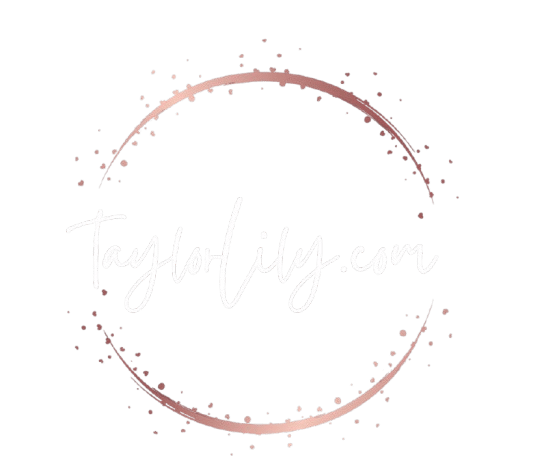- Data Integration A data fabric solution allows you to integrate data from multiple sources, eliminating data silos and providing a single, unified view of your data.
- Data Governance With a data fabric solution, you can establish data governance policies and procedures to ensure data quality, security, and compliance.
- Data Analytics A data fabric solution enables you to perform advanced data analytics, allowing you to gain insights and make data-driven decisions.
- Scalability Data fabric solutions are designed to scale with your business, allowing you to easily add new data sources and users as needed.
But what about the growing market for AI-generated movies and TV shows How do data fabric solutions fit into this picture Well, imagine a scenario where a production company is creating a new TV show, and they need to gather data from various sources such as scriptwriting software, casting databases, and social media. A data fabric solution would allow them to integrate all this data into a single platform, giving them a better understanding of their audience’s preferences and behaviors.
As I wrap up this blog, I want to take a moment to express my gratitude to my readers. Writing these blogs takes time and effort, and it’s only possible because of your support. If you found this post helpful, I’d really appreciate it if you could do me a solid and buy me a coffee (https://gofund.me/f40c797c). Your gif
Data Fabric Solutions
As I sit down to write this blog, I can’t help but wonder what’s behind the search query data fabric solutions. What is it that people are looking for when they type those three words into their search engine Are they trying to solve a specific problem, or are they simply looking for a solution to a particular pain point
As I delve deeper into the world of data fabric solutions, I’ve come to realize that it’s a term that’s often used to describe a complex system that integrates and manages data from multiple sources. But what does that really mean And why should you care
Let’s break it down. Imagine you’re planning a wellness retreat, and you need to gather data from various sources such as guest feedback, social media, and booking systems. A data fabric solution would allow you to integrate all this data into a single, cohesive view, giving you a better understanding of your guests’ needs and preferences. This, in turn, would enable you to make data-driven decisions to improve your retreat’s overall experience.
Here are some key benefits of data fabric solutions







